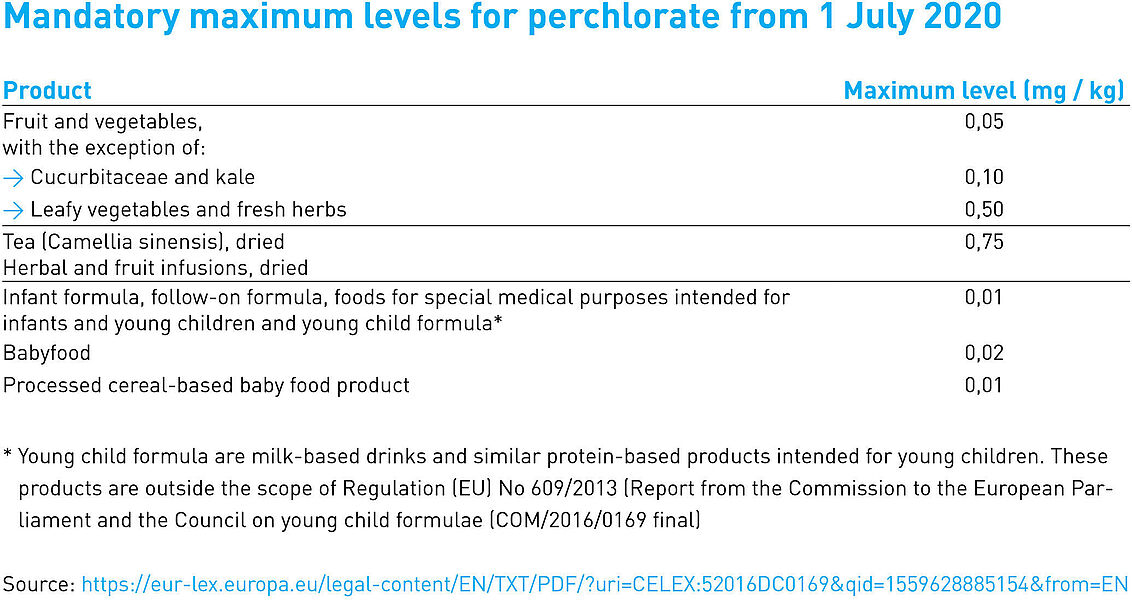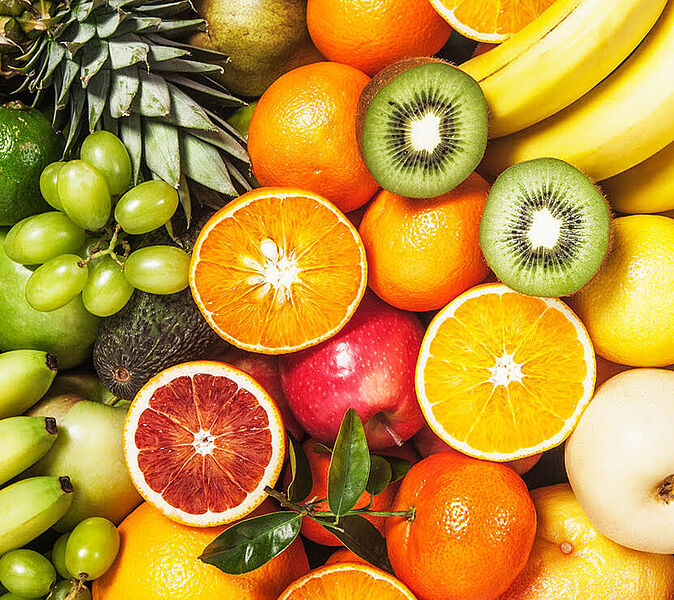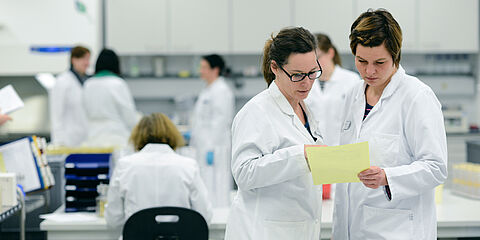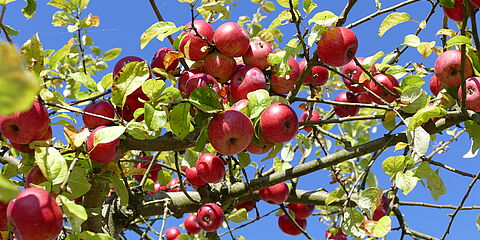Mandatory maximum levels for perchlorate in certain food products from 1 July 2020
Short-term changes for fruit and vegetables, tea, herbal tea and certain babyfood products: Regulation (EU) 2020/685 amending Regulation (EC) No 1881/2006 as regards maximum levels of perchlorate in certain food products was published in the Official Journal of the European Union on 25 May 2020.

These new maximum levels apply to fruit and vegetables, tea and herbal tea and certain babyfood products:

Foods listed in the Annex to Regulation (EC) No 1881/2006 which are lawfully placed on the market before 1 July 2020 may continue to be marketed until their date of minimum durability or use-by-date.
With the validity of the new maximum levels, the “intra union trade levels” agreed at European level lose their applicability. This also applies to intra union trade levels of such food products for which no maximum levels have been set. In future, these food products must be evaluated in accordance with Article 14 of the EU Basic Regulation (EC) No 178/2002 based on a risk assessment.
Our experts for food analysis test for residues of perchlorate in the affected food products and check for compliance with the new binding maximum levels. WESSLING has many years of experience in the residue testing of perchlorate and chlorate in foods. The analysis in our laboratories is conducted together with the analysis of chlorate via LC-MS/MS.
Residue analysis at WESSLING – find out more
Please find more information about chlorate residues in food products
We will be happy to support you.
- Christina Witt
- +49 2505 89-633
- food@wessling.de




